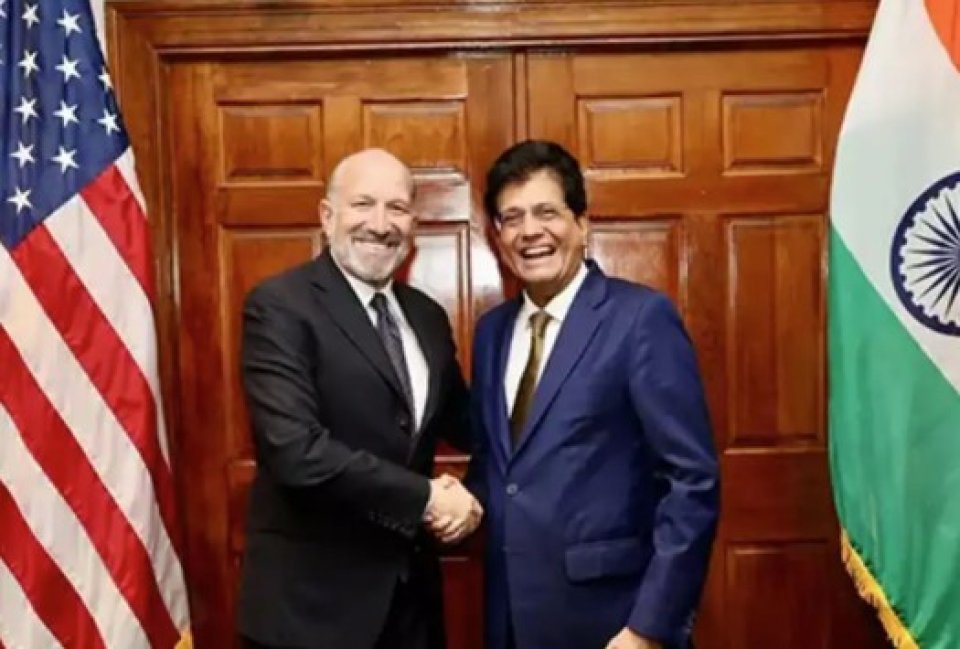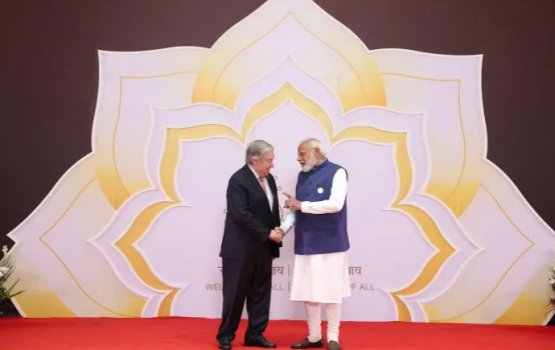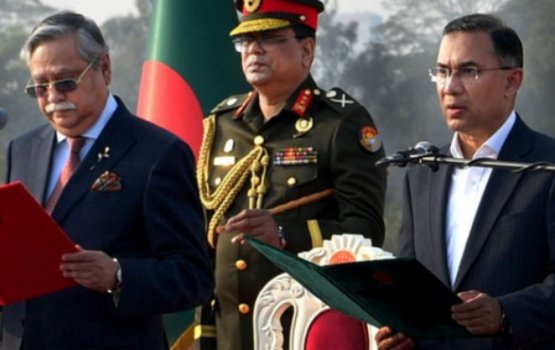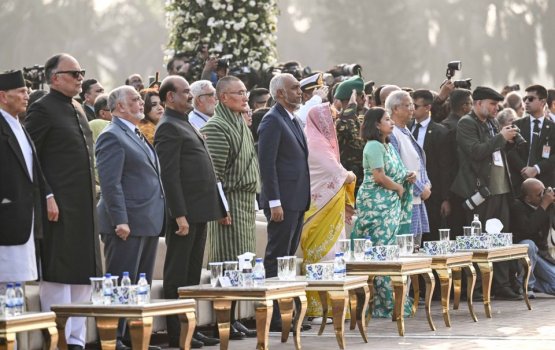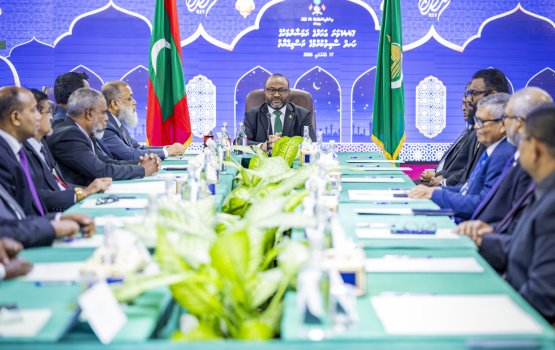The long-anticipated India–US trade agreement could be announced shortly, with the White House confirming that discussions are in their final stages. The deal is expected to be concluded before the July 9 deadline, when reciprocal tariffs of up to 26% on Indian goods are set to take effect.
At a press briefing on Monday, White House Press Secretary Karoline Leavitt reaffirmed the strong strategic relationship between the two nations, stating, “India remains a very strategic ally in the Asia Pacific, and the President has a very good relationship with Prime Minister Modi — and he will continue to have that.”
Leavitt added that President Donald Trump and the US Secretary of Commerce are in the process of finalising the trade agreement, and that an official announcement can be expected soon.
The prospective deal comes amid heightened global trade tensions. China, reacting to the progress in India–US negotiations, warned countries against making deals that undermine its interests. Beijing’s Commerce Ministry cautioned that it would take “resolute countermeasures” if such actions affected its rights, especially as Indian electric vehicle manufacturers continue to struggle with disruptions in the supply of Chinese rare earth elements.
Ajay Srivastava, head of the Global Trade Research Initiative (GTRI), said India’s chief trade negotiator is currently in Washington DC, with the next few days likely to determine whether a limited “mini-deal” is reached or talks stall for the time being.
Under the proposed agreement, India is expected to lower Most Favoured Nation (MFN) tariffs on a range of industrial products, including automobiles — a long-standing US demand. Limited market access in agriculture is also on the table, with India possibly introducing tariff reductions or tariff-rate quotas (TRQs) on US exports such as ethanol, almonds, apples, walnuts, raisins, avocados, olive oil, wine, and spirits.
However, Srivastava noted that India is unlikely to make concessions on politically sensitive sectors, especially dairy and essential food grains like rice and wheat, which are vital to the livelihoods of over 700 million people in the country’s rural economy. (Source: Indian Express)

